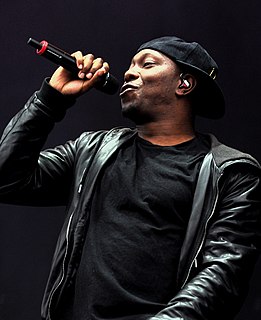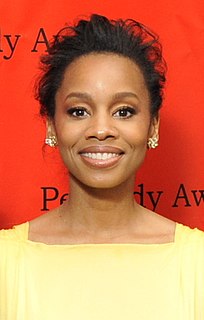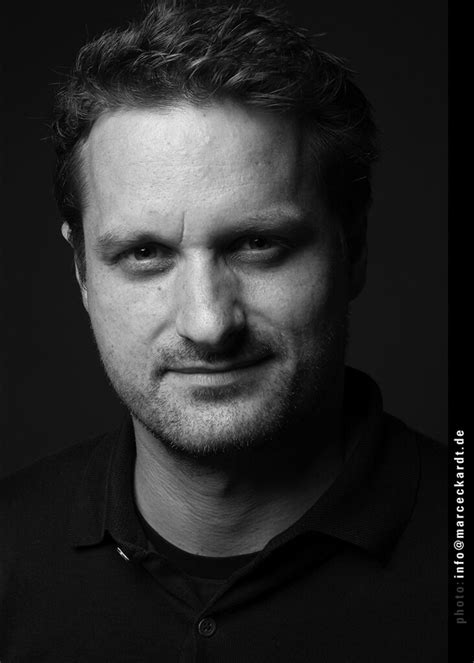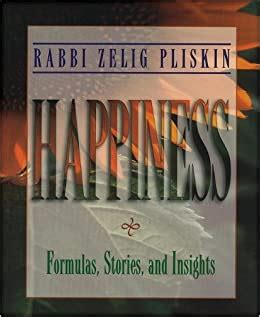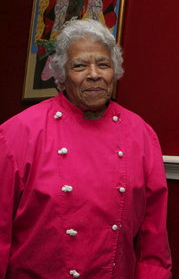A Quote by Leroy Chiao
We have self-assessment tools, computer-based tools to see how we are performing mentally in outer space and there's some also very interesting technology and work that's being funded by NRSBI to look at facial recognition to look at your patterns to see if you're experiencing stress or fatigue. It's a kind of thing that I think will gain acceptance with gradually. But it probably has more to immediate application in things like homeland security, and looking at facial recognition of people going through airports and things like that to see who's under stress.
Quote Topics
Acceptance
Airports
Also
Application
Assessment
Based
Being
Computer
Experiencing
Facial
Fatigue
Gain
Going
Gradually
Homeland
Homeland Security
How
Immediate
Interesting
Kind
Like
Look
Looking
Mentally
More
Outer
Outer Space
Patterns
People
Performing
Recognition
Security
See
Self
Some
Space
Stress
Technology
Thing
Things
Think
Through
Tools
Under Stress
Very
Very Interesting
Will
Work
Your
Related Quotes
Very often the people who are shooting your film do not look like you if your film is brown-centric in some way. What is very interesting is to be going through these scenarios and turning around and looking at so many faces that are not yours. Even though those faces are looking at you in love, it puts you in a space when you are on a plantation in that condition. I think that it allows you to see further into possibly what that place really was for someone else, except thank God we're with people who love and respect us.
We all have our own takes on things. To being yourself. The abstract, the whole thing that I play with, seems to result in seeing through your lenses, and once you express how you see things to others, you start to see there are similarities between all people. It's kind of like, no matter how far you go, you're still where you started, in a way.
I can’t see through clothes or anything. Just glamour skin. Except I can see through all of you, since your clothes aren’t real.” I stopped, horrified. “I mean, I don’t look—It’s hard to see you, and I like looking at your real face, but I don’t try to see anything, because—Oh gosh, this sounds terrible.” He had a funny look on his face, like he wasn’t sure what to think. “Huh. That’s never been an issue before. Maybe next time you could bring me some shorts.
See yourself being a master of gratitude in the future. Mentally picture how this will help you feel joy the moment you are awake and are grateful for being alive. See how you can be grateful and happy for each breath. Realize that when you master gratitude, you will see a happy face every time you look into the mirror. See how your entire quality of life will be improved. See how other people will tell you that they enjoy being around you because you are such a happy person.
I feel like the beauty of this age of filmmaking is that there are more tools at your disposal, but it doesn’t mean that any of these new tools are automatically the right tools. And there are a lot of situations where we went very much old school and in fact used CG more to remove things than to add things.
The women's movement gave me a set of tools to think about things like my body and how people react to me and the way that my dating life was going. It's a very practical movement - yes, it's about issues like how we can get more women MPs elected, but it's also about how feminism affects things like your relationship.
Scientists normally like to do experiments. You know, they like to mix this with that and see what happens. They like to take this thing and poke it and see how it reacts. In astronomy, we can't do that. The stars, the planets, the galaxies, are so far away that we just look at them, and we have to learn things by looking at them.


